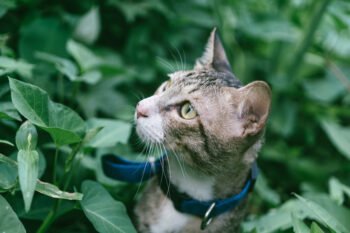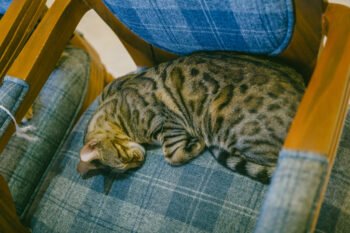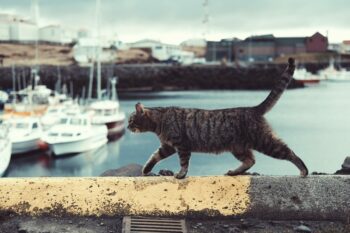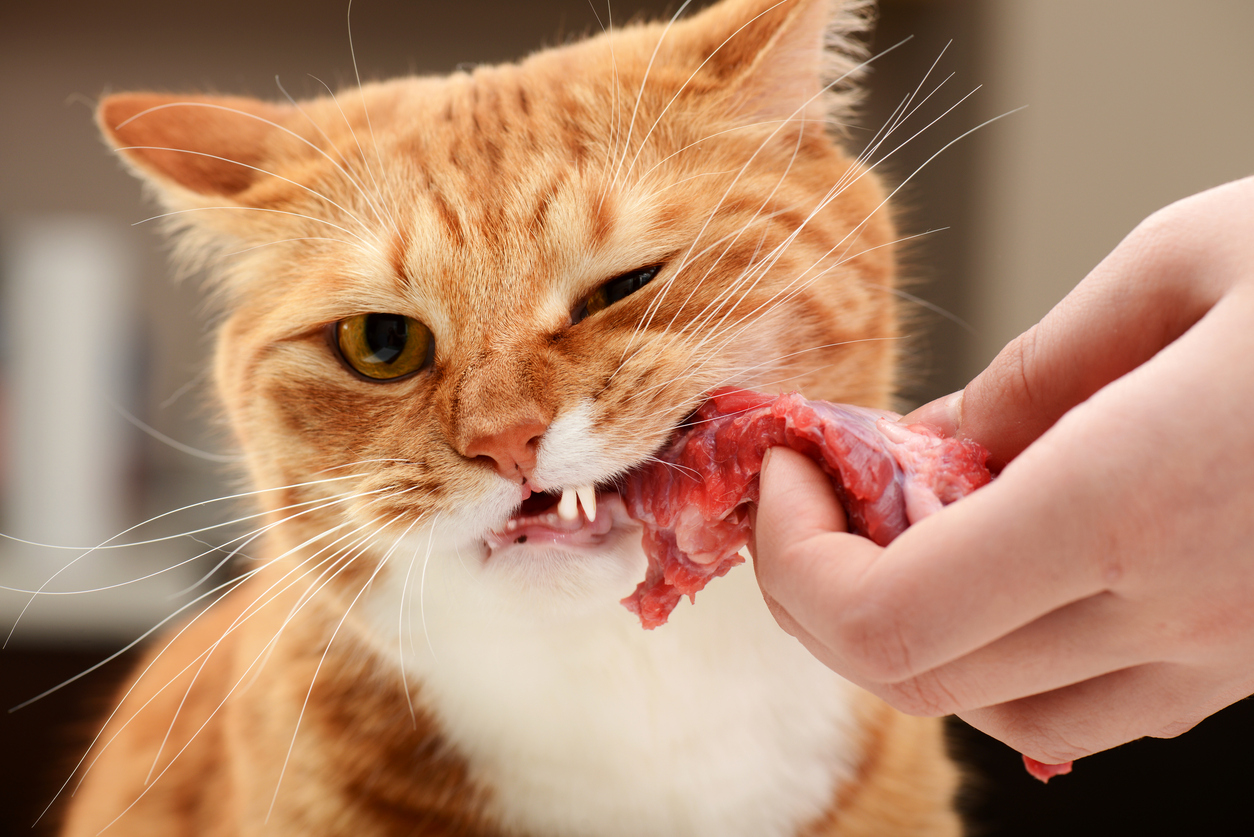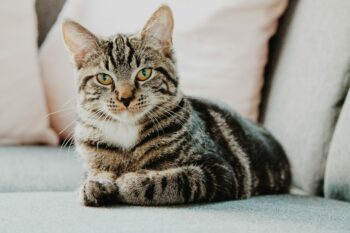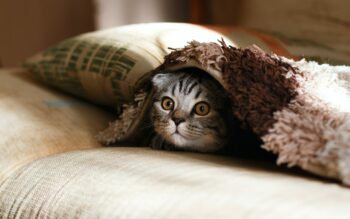Antioxidants are seemingly magical nutrients that can repair cell damage that happens in all our bodies over time — including those of our cats. Much of the damage arises from free radicals, which may sound like a 60’s rock band or a group of revolutionaries, but are actually unstable molecules that can be caused by everything from aging to pollutants. Free radical-fighting antioxidants occur naturally, but a body’s supply needs an extra boost from food. That’s where cat chow with antioxidants can come to your feline’s health rescue.
How Antioxidants Work
Free radicals steal components from other cellular molecules, such as fat, protein, or DNA, thereby spreading the damage. This process, called peroxidation, continues in a chain reaction, and entire cells soon become damaged and die. Peroxidation is important because it helps the body destroy cells that have outlived their usefulness. It also kills germs and parasites.
According to Katharine Hillestad, DVM, a vet on staff at Doctors Foster and Smith, cat food antioxidants like vitamin A, vitamin C and vitamin E help prevent widespread cellular destruction by donating components to stabilize free radicals. More important, antioxidants return to the surface of the cell to stabilize, rather than damage, other cellular components.
When there are not enough antioxidants to hold peroxidation in check, free radicals begin damaging healthy cells, which can lead to problems like the increased risk of infection.
Antioxidants and Immune Response
Recent research has examined the benefits of certain antioxidants on the immune response of dogs and cats. The results of these studies indicated that antioxidants are important in helping dogs and cats maintain a healthy immune system. Claudia A. Kirk, DVM, Ph.D. and professor at the College of Veterinary Medicine at The University of Tennessee, points out that such studies have shown antioxidants appear to help combat feline steatitis (a painful inflammatory condition that attacks cats’ fat cells), heart disease, kidney failure and eye problems. She and other experts note that each antioxidant benefits the immune system uniquely, so one antioxidant at high levels is not as effective as a group of antioxidants acting together.
Nutritionally supporting the immune system may be especially critical for young animals. For example, the immune system in kittens is still developing at the time it is being challenged by vaccinations. With the addition of antioxidants, a proper kitten diet can aid in the development of a strong immune system to help maintain good health and protect against viruses, bacteria and parasites.
Antioxidants and Aging
Recent research has also examined the effect of aging on immune responses. The findings indicate that as dogs and cats age, immune cell responses may decline. Including antioxidants in the diet can reverse the age-related decrease in immune cell function.
The amount of antioxidants your cat will require, however, depends on a few different factors, such as age and weight.
“As a starting point we can use the optimal amounts for an average human and scale down by weight,” says Randy Aronson, VMD, head of integrative medicine at the Veterinary Specialty Center of Tucson, Ariz. “For example, if the optimal daily amount of vitamin E for a 100-pound human is 400 IU (International Units, a drug and vitamin standard measurement), then a 10-pound cat may do well with 40 IU daily.” A properly formulated commercial pet food, however, should contain just the right amount of antioxidants for your cat.
What to Look For
A premium cat food that contains such antioxidant-active nutrients offers the best and easiest solution for your cat. Many pet food labels include information about antioxidants, perhaps indicating that the product was prepared to contain this beneficial nutrient. A word of warning: don’t be misled by foods that you think are rich in nutrients and antioxidants. For example, while your cat may love canned tuna, it turns out that tuna designed for human consumption is deficient in taurine, an amino acid with antioxidant activity that cats need to protect their vision and heart muscle. “We were starting to see cats with complete blindness and heart problems because all they ate was canned tuna,” Dr. Aronson says.
To avoid deficiency problems like this, here are some common ingredients to look for in your commercial pet food and how they may help your cat:
- Vitamin E optimizes your cat’s immune system activation
- Lutein further boosts your feline’s immune system response and supports vaccination effectiveness
- Beta-carotene supports types of cells present in your cat’s blood, increases antibody levels and allows vaccinations to work at their full potentials
Antioxidants may not prevent all health problems, but there is enough evidence to suggest that they promote good health. Since these nutrients won’t noticeably change the flavor or texture of your feline’s food, advice to consume them should be easy for both you and your cat to swallow. While your cat enjoys its dinner, you can enjoy peace of mind knowing you are improving its chances of living a healthy, long life.


